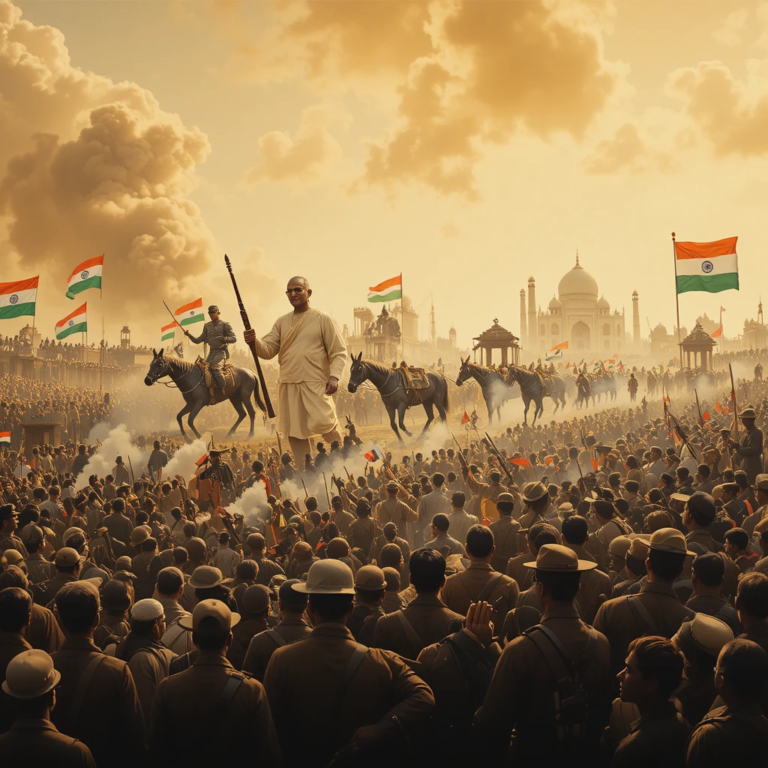Exploring India’s Heritage: Key Lessons from ‘Discovery of India’
“Discovery of India,” penned by Jawaharlal Nehru during his imprisonment from 1942 to 1946, is a profound exploration of India’s rich heritage, philosophy, and cultural diversity. As the first Prime Minister of India, Nehru’s work reflects not only a historical account of the Indian civilization but also a deep introspection on the essence of Indian identity. His insights resonate even today, reminding us of the importance of heritage in shaping our national character.
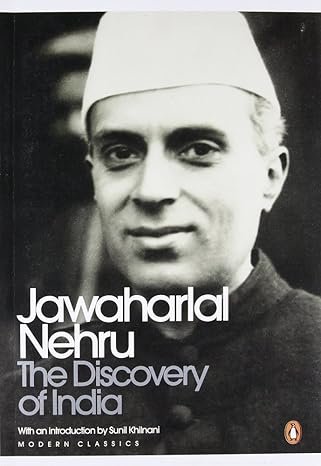
In a rapidly globalizing world, where local identities often risk being overshadowed, revisiting Nehru’s thoughts can provide valuable perspectives on the significance of our cultural heritage. This blog aims to explore the key lessons derived from “Discovery of India,” emphasizing the diverse narratives that contribute to our collective identity as Indians.
Table of Contents
Chapter 1: The Context of ‘Discovery of India’
Historical Background of the Book
“Discovery of India” was written during a crucial period in Indian history, a time when the nation was grappling with the oppressive weight of colonial rule. Nehru, reflecting on his experiences, sought to reconnect with the roots of Indian civilization and articulate a vision for its future. The book was conceived as an exploration of the soul of India, intertwining its rich historical narratives with his reflections on culture, philosophy, and politics.
Nehru’s imprisonment by the British authorities provided him the time and space to delve deeply into the essence of India. He was not merely documenting historical facts; he was engaging in a dialogue with the past, seeking to understand the influences that shaped the Indian identity. This chapter will explore the socio-political landscape of India during Nehru’s time, including the struggle for independence and the aspirations of a nation on the verge of a new dawn.
Themes and Structure of the Book
“Discovery of India” is structured thematically, with each chapter focusing on different aspects of Indian civilization. Nehru discusses topics ranging from ancient history and philosophy to art, culture, and spirituality. The book is a tapestry of narratives that emphasize the continuity of Indian civilization through the ages. This chapter will provide an overview of the key themes in the book and how they contribute to the understanding of India’s heritage.
Chapter 2: The Philosophical Foundations
Unity in Diversity
At the heart of Nehru’s exploration is the concept of ‘Unity in Diversity.’ India is a nation characterized by a multitude of languages, cultures, and religions, and Nehru argues that this diversity is a strength rather than a weakness. He believes that the coexistence of varied cultural expressions enriches the national identity.
Nehru’s reflections on unity and diversity serve as a crucial reminder in contemporary society, where divisive narratives often overshadow the collective identity. The idea that different cultures can coexist harmoniously is foundational to understanding India’s social fabric. This chapter will delve into Nehru’s philosophical insights and how they resonate with current discussions on inclusivity and communal harmony.
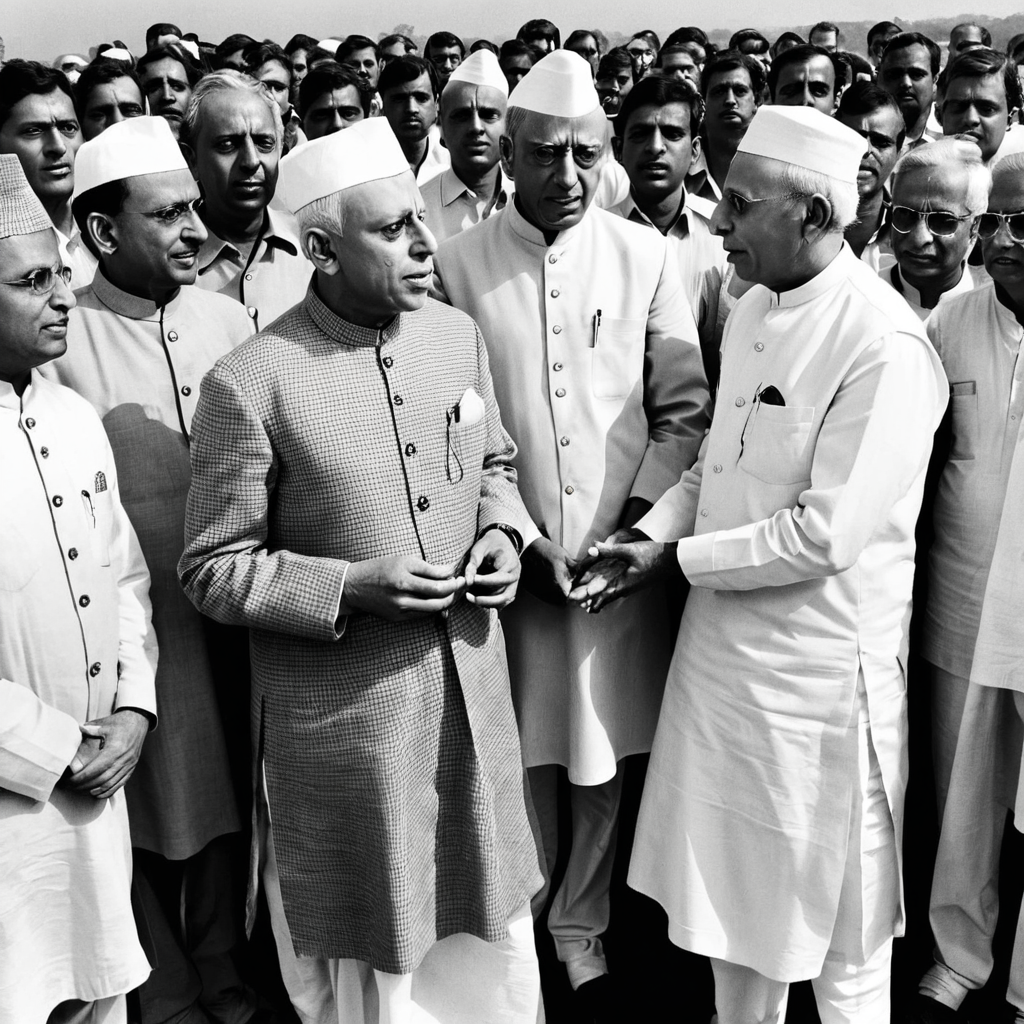
Influence of Indian Philosophy
Nehru draws heavily from Indian philosophical traditions, citing texts such as the Upanishads and the Bhagavad Gita. He emphasizes the importance of these texts in shaping Indian thought and spirituality. The philosophical underpinnings of these ancient scriptures encourage a deeper understanding of existence, knowledge, and morality, which are vital in contemporary society.
This chapter will explore how Indian philosophy, with its emphasis on introspection and inquiry, can guide us in navigating the complexities of modern life. Nehru’s reflections encourage readers to embrace a holistic understanding of their cultural heritage, promoting mindfulness and critical thinking.
Chapter 3: Historical Overview of India
Significant Milestones in Indian History
Nehru’s historical narrative begins with the Indus Valley Civilization, one of the earliest urban cultures in the world. He discusses the societal structures, trade practices, and technological advancements that characterized this civilization. By emphasizing the continuity of Indian history, Nehru illustrates how ancient practices and philosophies persist in contemporary society.

Key historical events, such as the rise and fall of empires, the influence of invasions, and the spread of religions, are examined in this chapter. Nehru’s analysis highlights the resilience of Indian civilization, showing how it has adapted and evolved over millennia.
The Legacy of the Indus Valley Civilization
The Indus Valley Civilization represents a significant milestone in Indian history, marked by advanced urban planning and social organization. This section will provide insights into the archaeological discoveries that reveal the sophistication of this ancient society, including its cities, trade networks, and art.
Nehru’s exploration of the Indus Valley lays the groundwork for understanding the historical continuity of Indian civilization, demonstrating how ancient practices influence modern Indian society.
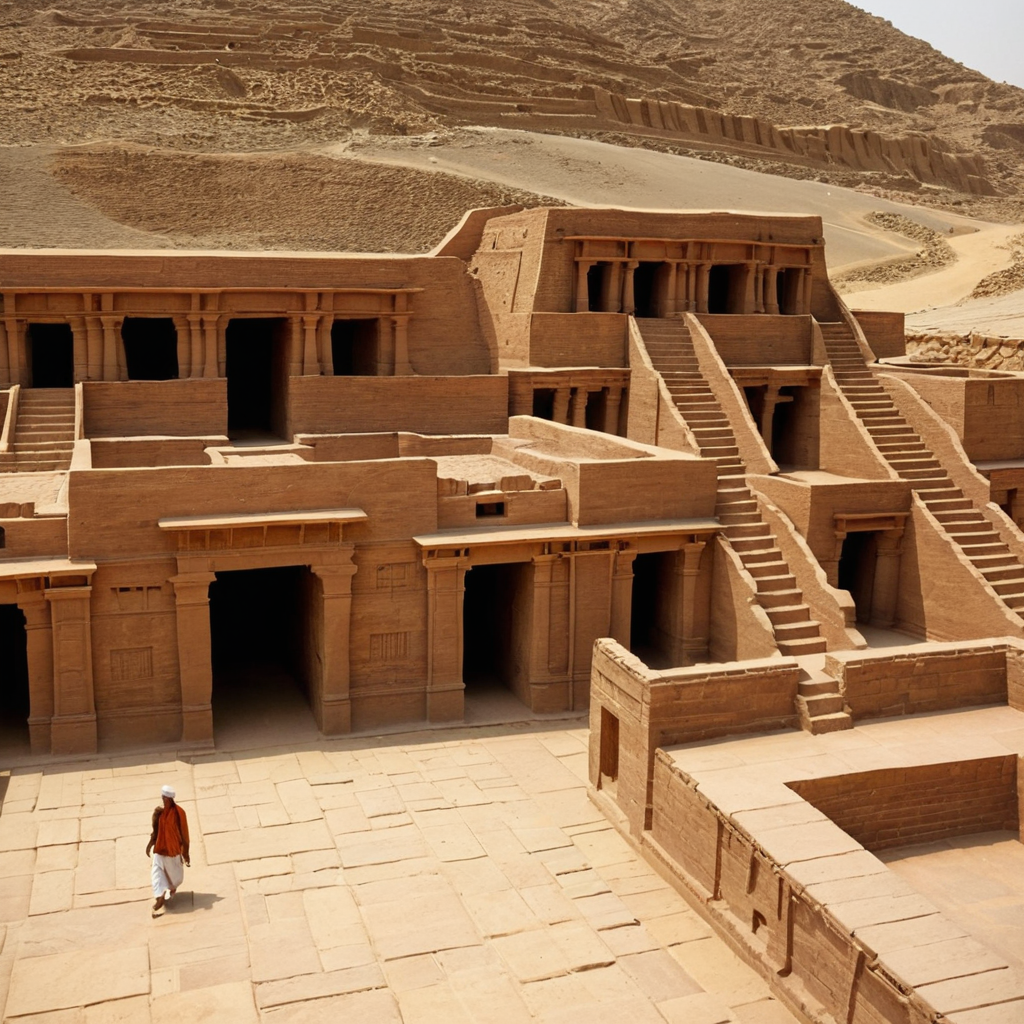
Chapter 4: Cultural Heritage
The Richness of Indian Arts
India’s cultural heritage is a vibrant tapestry woven from various art forms, each reflecting the diverse experiences of its people. Nehru discusses the significance of classical music, dance, and visual arts as integral components of Indian culture.
The blog will explore classical music traditions, such as Hindustani and Carnatic music, highlighting their historical roots and contemporary relevance. Dance forms like Bharatanatyam and Kathak will be examined for their storytelling aspects and cultural significance.
Literary Contributions
Indian literature boasts a rich legacy that spans thousands of years. Nehru reflects on the contributions of literary figures, from ancient poets to modern authors, emphasizing the evolution of thought and expression. This chapter will highlight key works, including the epics, Puranas, and contemporary literature, showcasing how they encapsulate the essence of Indian life and philosophy.
Literature serves as a vehicle for cultural transmission, preserving stories and values across generations. Nehru’s appreciation for literary excellence encourages readers to engage with the literary heritage of India, fostering a deeper understanding of its cultural identity.
Festivals and Rituals
Festivals and rituals are vital aspects of Indian cultural heritage, celebrating the myriad expressions of life. Nehru emphasizes the significance of these events in fostering community bonds and cultural pride. This section will explore major festivals such as Diwali, Holi, Eid, and Christmas, highlighting their unique traditions and communal aspects.
The celebration of festivals serves as a reminder of the rich cultural diversity within India. Nehru’s reflections encourage readers to appreciate the unifying power of these celebrations in contemporary society.
Chapter 5: Religion and Spirituality
Evolution of Religious Thought
India is a land of profound spiritual traditions, and Nehru’s exploration of religion highlights its role in shaping societal values. He discusses major religions, including Hinduism, Buddhism, Jainism, and Sikhism, examining their philosophical foundations and contributions to Indian thought.
Nehru’s analysis of these faiths emphasizes their shared values, promoting a sense of unity among diverse religious practices. This chapter will explore the historical context of each religion, its evolution, and its impact on Indian society.
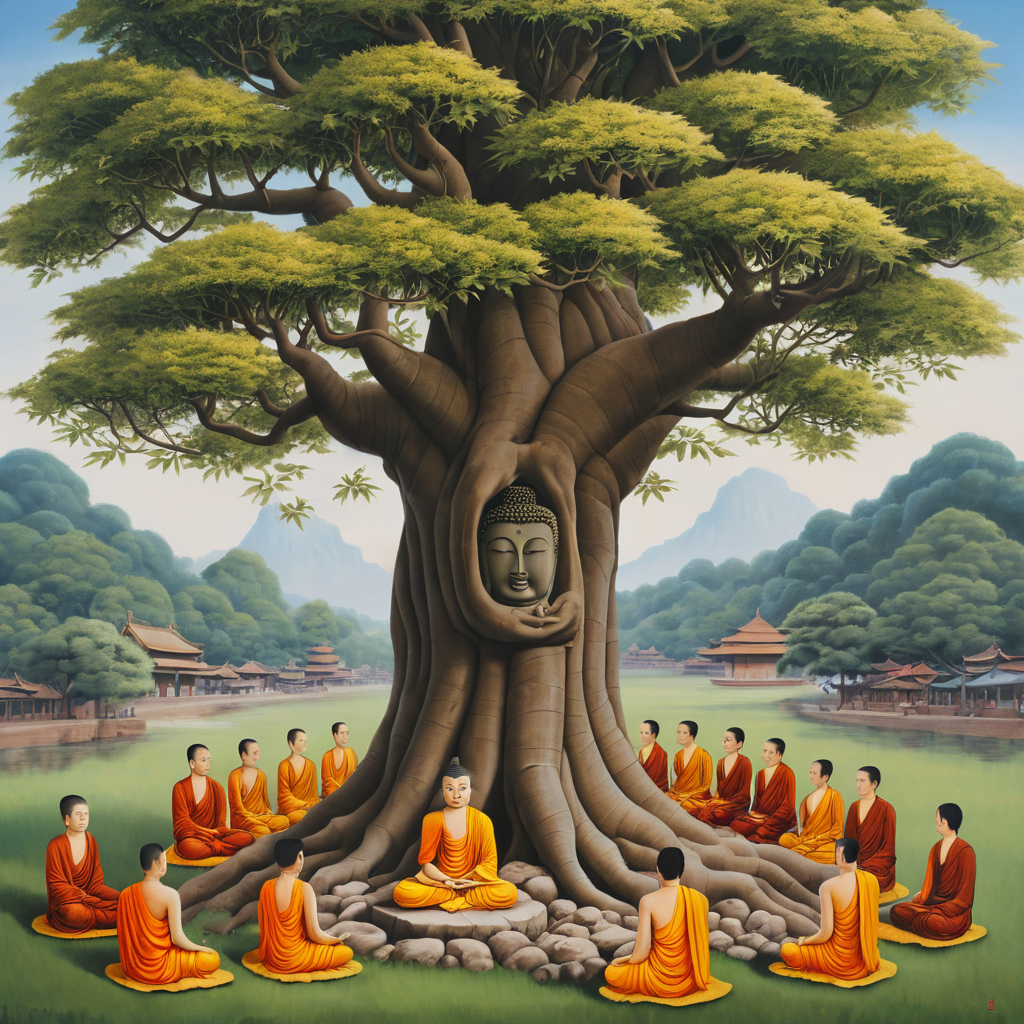
Secularism and Its Roots
Nehru’s commitment to secularism is a cornerstone of his philosophy. He argues that India’s diversity necessitates a secular framework that respects all faiths while promoting equality and justice. This section will delve into the historical roots of secularism in India and its significance in contemporary society.
Nehru’s reflections on communal harmony encourage readers to embrace the secular ethos, fostering a society that values diversity and inclusivity.
Chapter 6: The Role of Language and Literature
Linguistic Diversity
India’s linguistic diversity is a remarkable feature of its heritage, with hundreds of languages spoken across the country. Nehru emphasizes the importance of regional languages in preserving cultural identity. This section will explore the role of language in shaping local narratives and fostering a sense of belonging.
Nehru’s appreciation for linguistic diversity underscores the need to celebrate and protect regional languages, recognizing their contributions to the richness of Indian culture.
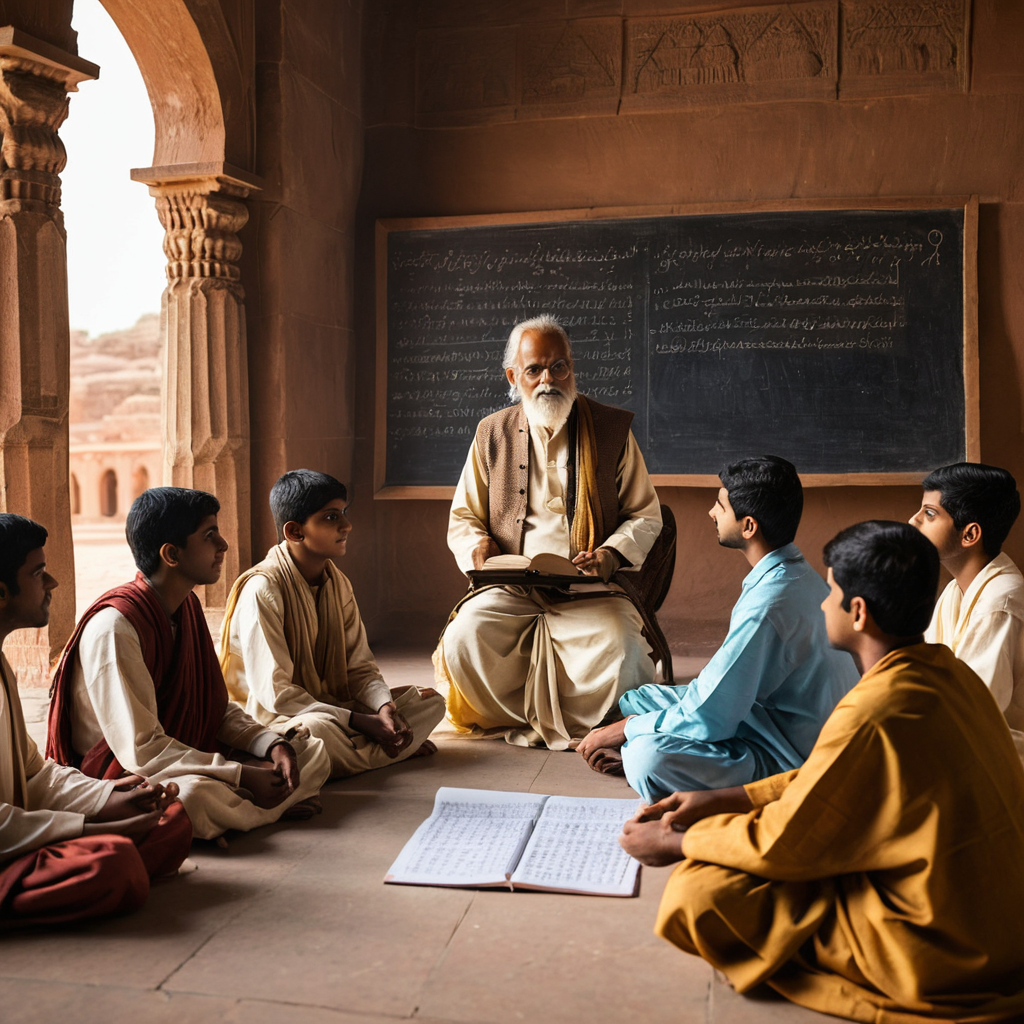
Literature as a Cultural Reflection
Literature serves as a mirror reflecting the values, struggles, and aspirations of society. Nehru discusses the contributions of notable literary figures, including Rabindranath Tagore, who received the Nobel Prize for Literature, and other contemporary authors who have enriched Indian literature.
This chapter will highlight key literary movements and genres, showcasing how literature captures the complexities of the Indian experience. Nehru’s insights encourage readers to engage with diverse literary voices, fostering a deeper appreciation for India’s cultural heritage.
Chapter 7: Lessons in Governance and Society
Democracy and Social Justice
Nehru’s thoughts on governance emphasize the importance of democracy and social justice. He advocates for a system that promotes inclusivity, equality, and the well-being of all citizens. This chapter will explore Nehru’s vision for a democratic India, rooted in the principles of justice and liberty.
Nehru’s reflections on social issues, including poverty and inequality, challenge readers to confront contemporary societal challenges. His commitment to social justice remains relevant today, inspiring efforts to create a more equitable society.

Communal Harmony
The significance of communal harmony is a recurring theme in Nehru’s writings. He emphasizes the need for understanding and dialogue among diverse communities. This section will explore his insights on how mutual respect and cooperation are essential for the progress of a pluralistic society.
Nehru believed that the essence of India lies in its ability to foster coexistence among different faiths and cultures. He argued that communal tension often arises from ignorance and misunderstanding, and he advocated for education and awareness as tools to bridge divides. By promoting dialogues and interactions among communities, Nehru envisioned an India where cultural differences are celebrated rather than feared.
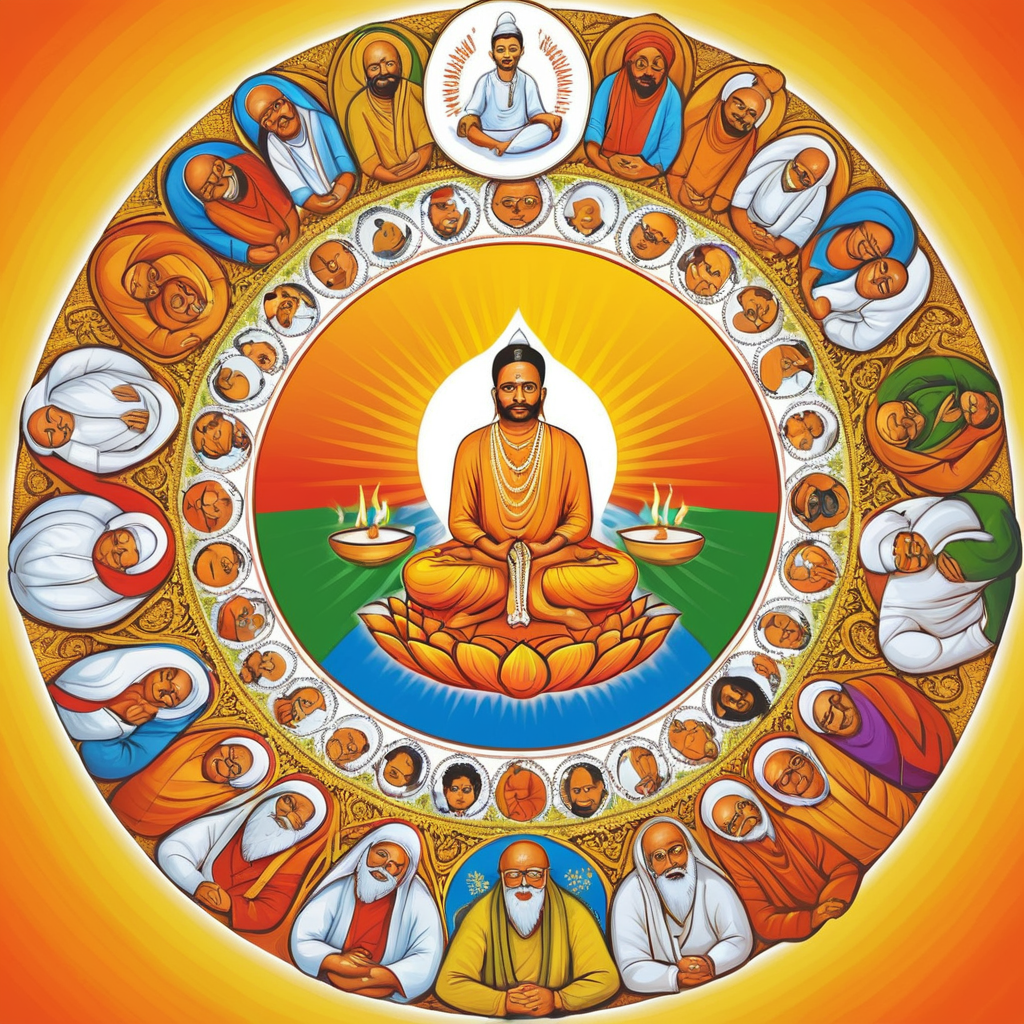
In today’s context, the lessons on communal harmony are profoundly relevant. As India grapples with issues of polarization and intolerance, Nehru’s thoughts remind us of the foundational values of empathy, respect, and unity in diversity that should guide our interactions.
Chapter 8: India’s Natural Heritage
The Significance of Natural Resources
Nehru’s exploration of India extends beyond its cultural and historical dimensions; he also addresses the nation’s natural heritage. He recognizes the rich biodiversity and natural resources that have sustained Indian civilization for centuries. From the majestic Himalayas to the lush forests and fertile plains, India’s natural landscape plays a crucial role in shaping its identity.
This chapter will delve into the importance of natural resources in the context of Indian heritage. Nehru highlights how agriculture, forests, and rivers are not merely economic resources but integral parts of cultural identity and spiritual life.

Nehru also emphasizes the need for sustainable development, advocating for practices that respect the environment and ensure the well-being of future generations. His reflections on environmental conservation resonate in contemporary discussions on climate change and sustainability, reminding us of our responsibility to protect the earth.
Environmental Philosophy
Nehru’s approach to the environment is deeply philosophical. He believed that the relationship between humans and nature should be symbiotic, where both thrive in harmony. This section will explore Nehru’s thoughts on environmental ethics, emphasizing the need for a sustainable relationship with nature.

By discussing the historical and cultural significance of nature in Indian thought, Nehru encourages readers to reflect on their connection to the environment. His insights inspire a sense of stewardship for the planet, promoting practices that prioritize ecological balance.

Chapter 9: The Modern Relevance of Heritage
Lessons for Contemporary India
As India continues to navigate the complexities of modernization, the lessons from “Discovery of India” remain invaluable. Nehru’s reflections on cultural identity, democracy, and communal harmony offer guidance for addressing contemporary challenges.
This chapter will discuss how Nehru’s insights can inform current debates on nationalism, cultural preservation, and social justice. In a world where globalization often threatens local identities, Nehru’s emphasis on cultural pride serves as a reminder of the importance of heritage in shaping a resilient national character.
Bridging the Past and the Future
Nehru believed that understanding our past is crucial for building a better future. This section will explore the concept of heritage as a bridge between generations. By preserving and honoring our cultural legacy, we can inspire future generations to carry forward the values of inclusivity, compassion, and unity.
Nehru’s vision encourages us to learn from history while adapting to contemporary realities. The importance of critical thinking and self-reflection, as advocated by Nehru, remains vital in fostering a society that values its roots while embracing progress.
Chapter 10: Conclusion
The Enduring Legacy of ‘Discovery of India’
“Discovery of India” is not merely a historical account; it is a profound exploration of the Indian psyche. Nehru’s insights into the nation’s heritage, culture, and philosophy continue to resonate, inspiring individuals to embrace their identity with pride and responsibility.
The lessons drawn from Nehru’s work remind us of the importance of cultural diversity, communal harmony, and environmental stewardship. As we navigate the complexities of the modern world, these lessons remain crucial in fostering a cohesive and vibrant society.
In conclusion, Nehru’s “Discovery of India” serves as a timeless reminder that our heritage is not static but a living, breathing entity that evolves with us. By engaging with our past, we can forge a future that honors our diverse identities while promoting unity and understanding.

